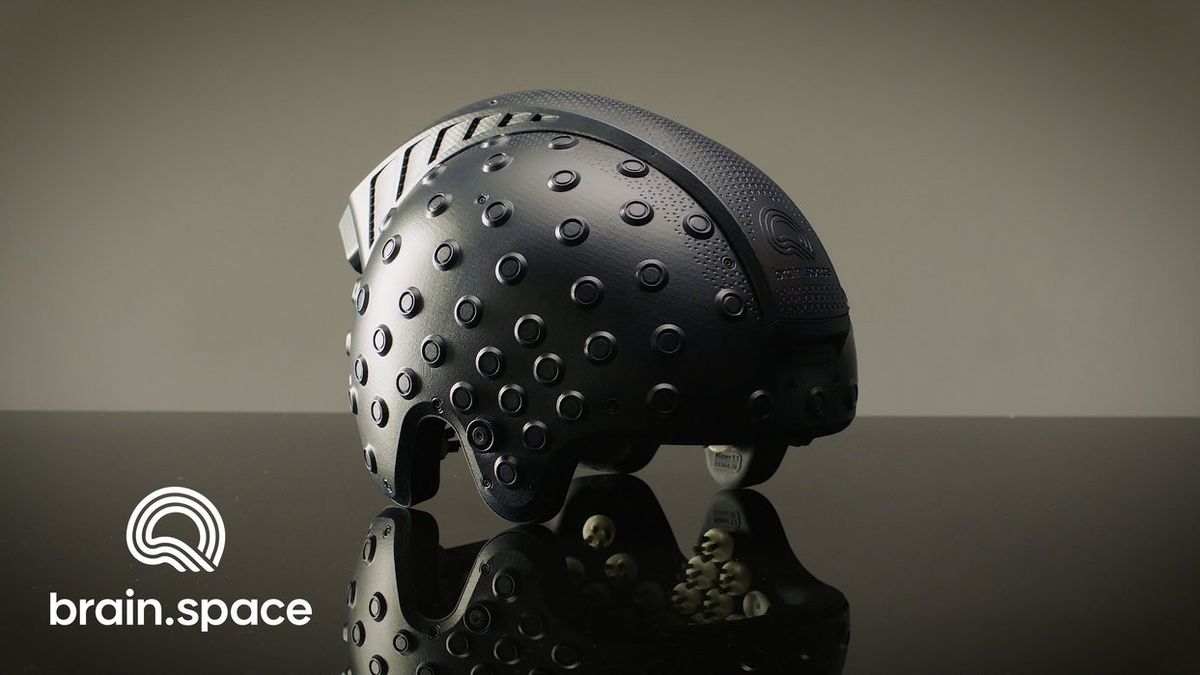JAKARTA - Brain.Space, a four-year-old Israeli start-up that has been studying data on brain activity, will test astronauts in space next week during SpaceX's shuttle flight to the International Space Station (ISS).
According to the company, Monday, March 28, three astronauts on a private space flight mission, Axiom Space, will be scheduled to fly to the ISS wearing special electroencephalogram-capable (EEG) helmets made by Brain.Space.
The 10-day mission, the first private trip to the space station, will begin on April 3 with four astronauts.
"We actually know that the microgravity environment impacts physiological indicators in the body. So it might have an impact on the brain and we wanted to monitor that," Brain.Space Chief Executive Yair Levy told Reuters.
According to Levy, data on heart rate, skin resistance, muscle mass, and more, in space has been continuously collected. However, data on brain activity have never been collected.
Brain.Space joins 30 experiments that will take part in the so-called Rakia Mission to the ISS.
Three of the four astronauts, including Israeli astronaut Eytan Stibbe, will wear the helmet, which has 460 airbrushes connected to the scalp. They will perform a number of tasks for 20 minutes a day, during which the collected data will be uploaded to a laptop on the space station. The tasks include "visual eccentricities" which the company says are effective at detecting abnormal brain dynamics.
Similar studies in carrying out this task have been completed on Earth. Once this mission is complete, Brain.Space will compare EEG data to see differences in brain activity between Earth and space.
SEE ALSO:
It said such experiments were necessary because long-term space exploration and "out-of-world life were within reach."
Brain.Space, which also says it raised $8.5 million in an initial investment round, calls itself a brain infrastructure company and works with the cognitive and brain science departments at Israel's Ben Gurion University to turn terabytes of data into powerful insights. can be used.
Levy said he hopes the space mission will be a springboard for other institutions, researchers, and software developers to use its brain data platform.
"Space is an accelerator. The idea is to revolutionize and make brain activity apps, products, and services as easy as pulling data from an Apple Watch," Levy said, pointing to measuring ADHD as an example.
The English, Chinese, Japanese, Arabic, and French versions are automatically generated by the AI. So there may still be inaccuracies in translating, please always see Indonesian as our main language. (system supported by DigitalSiber.id)















